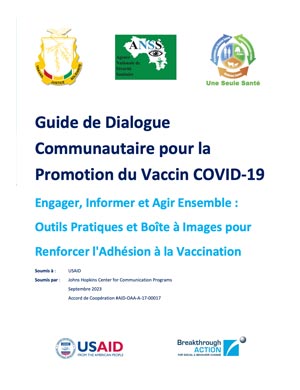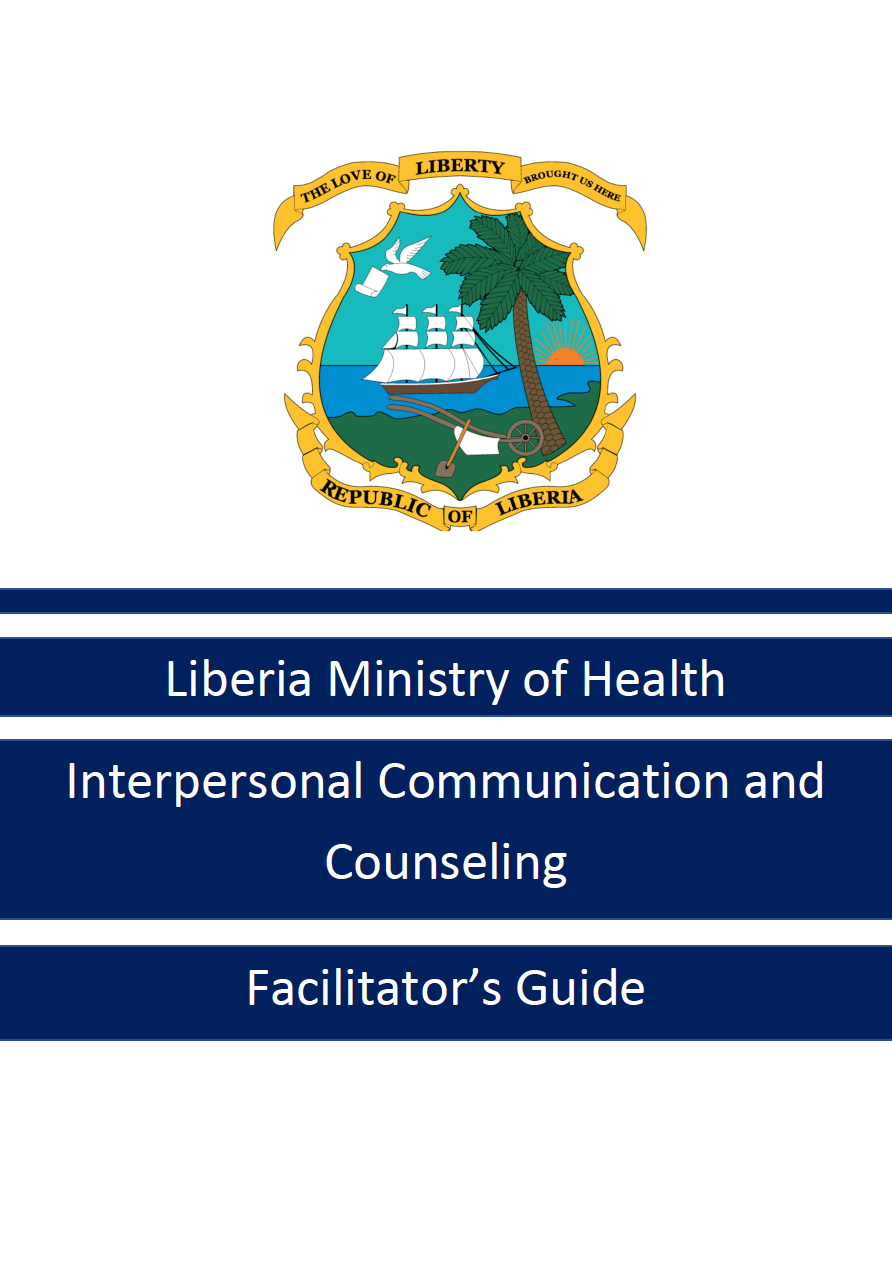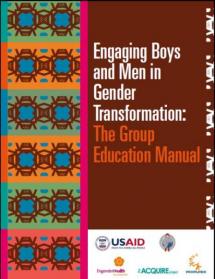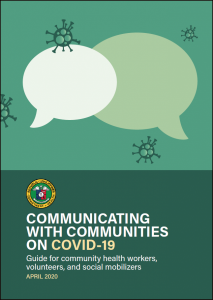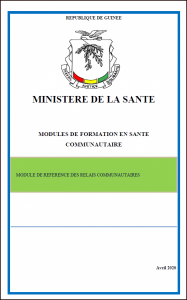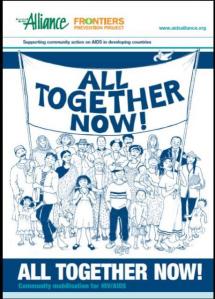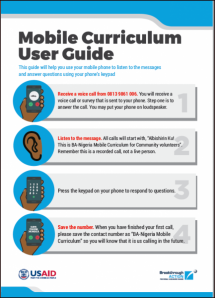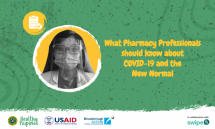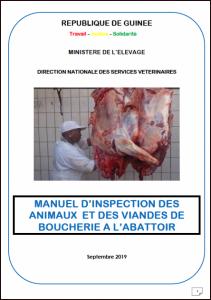Guide de dialogue communautaire et boîte à images de Breakthrough ACTION Guinée pour la promotion du vaccin COVID-19 / Breakthrough ACTION Guinea’s Community Dialogue Guide and Image Box for Promotion of the COVID-19 Vaccine
Nous sommes ravis de présenter deux outils conçus pour renforcer l’engagement communautaire et promouvoir l’acceptation du vaccin COVID-19 : le “Guide de Dialogue Communautaire” et pour l’accompagner, la “Boite á Image”. Développés par le projet Breakthrough ACTION Guinea, ces ressources sont des outils pratiques pour renforcer l’adhésion à la vaccination”. Le Guide du Dialogue Communautaire est un manuel complet qui permet de planifier et de mettre en œuvre des dialogues communautaires efficaces en facilitant des conversations constructives sur le vaccin COVID-19. Associée à cela, la Boite à Image contient des supports visuels pour compléter les discussions et transmettre des informations cruciales. Ensemble, ces outils donnent aux communautés les moyens de prendre des décisions éclairées et de contribuer à l’effort collectif pour surmonter les défis posés par la pandémie. Les outils sont adaptables à d’autres vaccins ou sujets de santé et ne sont disponibles qu’en français.
Breakthrough ACTION Guinée souhaite remercier l’équipe du Cameroun pour avoir fourni une base à la Boite à Image.
Ressources:
Breakthrough ACTION Guinea’s Community Dialogue Guide and Image Box for Promotion of the COVID-19 Vaccine
This resource includes two innovative tools designed to enhance community engagement and foster COVID-19 vaccine acceptance: the “Guide de Dialogue Communautaire” (Community Dialogue Guide) and its companion “Boite á Image” (Image Box). Developed by the Breakthrough ACTION Guinea project, these resources are a packet of practical tools to strengthen vaccination Adherence. The Community Dialogue Guide serves as a comprehensive manual to plan and implement effective community dialogues by facilitating meaningful conversations about the COVID-19 vaccine. Paired with it, the Image Box contains visual aids to complement discussions and convey crucial information to participants. Together, these tools empower communities to make informed decisions and contribute to the collective effort in overcoming the challenges posed by the pandemic. The tools are adaptable to other vaccines or health topics and only available in French.
Breakthrough ACTION Guinea would like to thank the Cameroon team for providing a base for the Boite à Image (Image Box).
Last modified: November 23, 2023
Language: French
Source: Johns Hopkins Center for Communication Programs
Year of Publication: 2023

